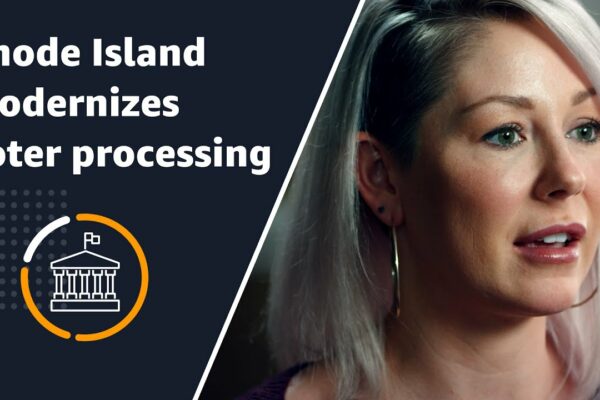
Is there property tax assistance available in Rhode Island?
Are you a Rhode Island resident struggling with property taxes? Good news! Rhode Island offers property tax assistance programs for eligible individuals. These programs aim to provide relief to low-income homeowners and seniors. Learn more about the criteria and application process to see if you qualify for this much-needed assistance.









